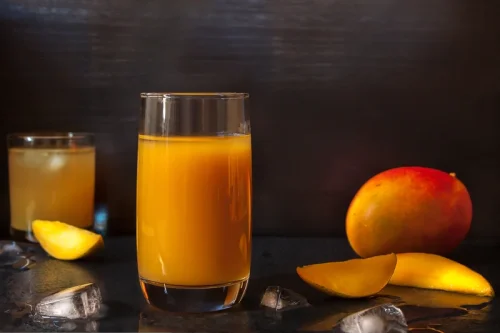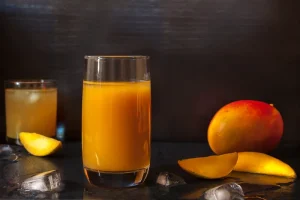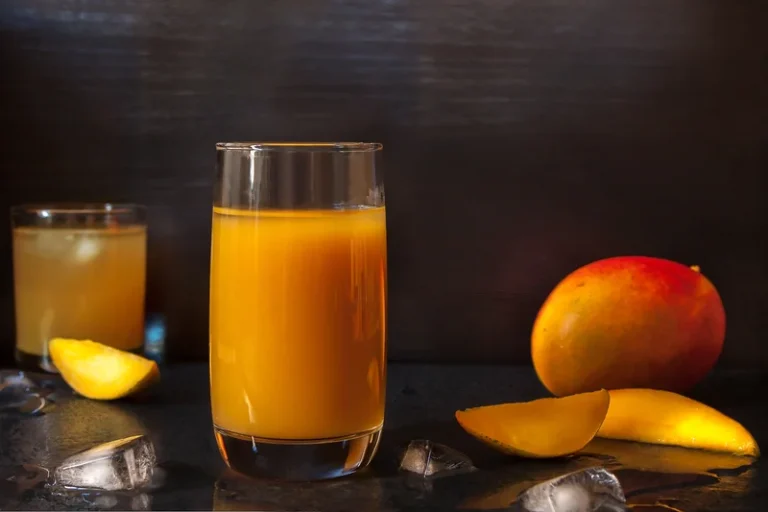
Reach out to a healthcare professional such as is weed addictive a primary care provider or a psychologist for support. Substance use resources are also available in local communities and at the state level. The use of marijuana has also been found to be connected with lower IQ scores, compromised memory and cognitive ability, and decreased performance on tests.
International Medical Graduates (IMG) toolkit: Introduction
Substance dependence, also called chemical dependence, is when a person experiences physical dependence on a substance but is not addicted to it. One example is when a person who has taken a prescription medication for a long time stops taking that medication and experiences physical or mental withdrawal symptoms. We treat marijuana addiction as well as other substance use disorders and co-occurring mental health conditions. Many people struggle with marijuana addiction, and there is no shame in reaching out for help. These withdrawal symptoms often complicate recovery efforts and highlight the need for effective treatment strategies such as cognitive-behavioral therapy. As societal acceptance of marijuana grows alongside its availability, understanding and addressing cannabis use disorder remains crucial for public health initiatives.
- These feelings are what encourage some people to keep indulging in marijuana.
- As the definition suggests, Cannabis Use Disorder (CUD) is a problematic pattern of cannabis use, which indicates that the patient cannot control how much weed they consume and how often they do it.
- Find Addiction Rehabs is not a medical provider or treatment facility and does not provide medical advice.
- While people with mental health disorders and related symptoms are more likely to use cannabis,51 many factors that influence mental health—such as genes, trauma, and stress—also influence how likely someone is to use drugs, including cannabis.
- It motivates you to set goals and encourages you to achieve them based on inner motivation.
Key Takeaways: Marijuana Addiction
- Some researchers believe that because today’s marijuana is much more potent, it makes it more likely that some people will develop physiological dependence.
- Others believe that brain cells could become damaged and result in various symptoms.
- It negatively affects their daily behavior and interactions with family and friends.
- In the DSM-5-TR, which is the Diagnostic and Statistical Manual, or the book that describes all of the psychiatric diagnoses, including addictions, we consider an addiction to be there when someone has two or more of several criteria and are using a substance.
With dependence, a person actually requires the drug to function normally, and without it they experience uncomfortable withdrawal symptoms. Some people are also more prone to becoming addicted than others. It’s estimated that 1 in 3 https://ecosoberhouse.com/ who use cannabis will develop a problem with their use.
Physical Effects

It’s certainly difficult to imagine using drugs despite major consequences, such as a suspended driver’s license or prison time. A 2014 study examined people who use drugs and who came to the emergency room with drug-related problems, which is a strong Substance abuse indicator that something is not manageable. “A person is not dependent on a drug unless they experience some kind of negative outcome upon stopping their use,” said Reiman.
- Over time, users may graduate from smoking marijuana to using it in high-dosage edible forms or propane-extracted concentrates called dabs.
- These include insomnia, mood problems, or cravings you can’t control.
- CBT essentially breaks down a person’s addiction into small thought and behavior patterns that are worked on one by one.
- Maintain a healthy lifestyle by following a balanced diet, exercising regularly, and finding alternative ways to manage stress.
Medical Detox
- Marijuana has THC, or tetrahydrocannabinol as the primary psychoactive ingredient.
- There’s no clear answer to this question as it varies by individual.
- Others have been enjoying these benefits for a long time without developing a dependence.
- When given a chemical, methylphenidate, that caused dopamine levels to rise in the brain, the marijuana users didn’t respond as strongly or feel as high as nonusers.
- Amanda Stevens is a highly respected figure in the field of medical content writing, with a specific focus on eating disorders and addiction treatment.
Schizophrenia also affects the way you understand what’s real, but it includes other symptoms, such as trouble with speech and not being able to focus and show emotions. Even so, more research needs to be done, especially on marijuana’s long-term effects. In some states, weed is legal for medical reasons, personal use, or both.


AMA membership offers unique access to savings and resources tailored to enrich the personal and professional lives of physicians, residents and medical students. Stalcup recommends this simple test for determining if a person has an addiction. But as Galloway explains, a person with an addition isn’t making decisions the same way as a person without an addiction would. “A problem being defined by having disruptions in your psychosocial functioning.

Mental health conditions, which have both genetic and environmental causes play a large one in a person’s chance of developing an addiction. The Canyon, a treatment center in Malibu, California, lists 10 signs that someone might have an addiction to marijuana. Among the signals is a growing tolerance for the drug’s effects, as well as using more marijuana than they initially intended to use. Over time, marijuana use can cause other detrimental effects, including lung problems, memory loss and a decline in IQ. Chronic marijuana use can also increase a person’s risk of certain psychiatric problems. When a person smokes pot, tetrahydrocannabinol (THC), the active ingredient in marijuana, triggers a release of the feel-good chemical dopamine in the brain.
